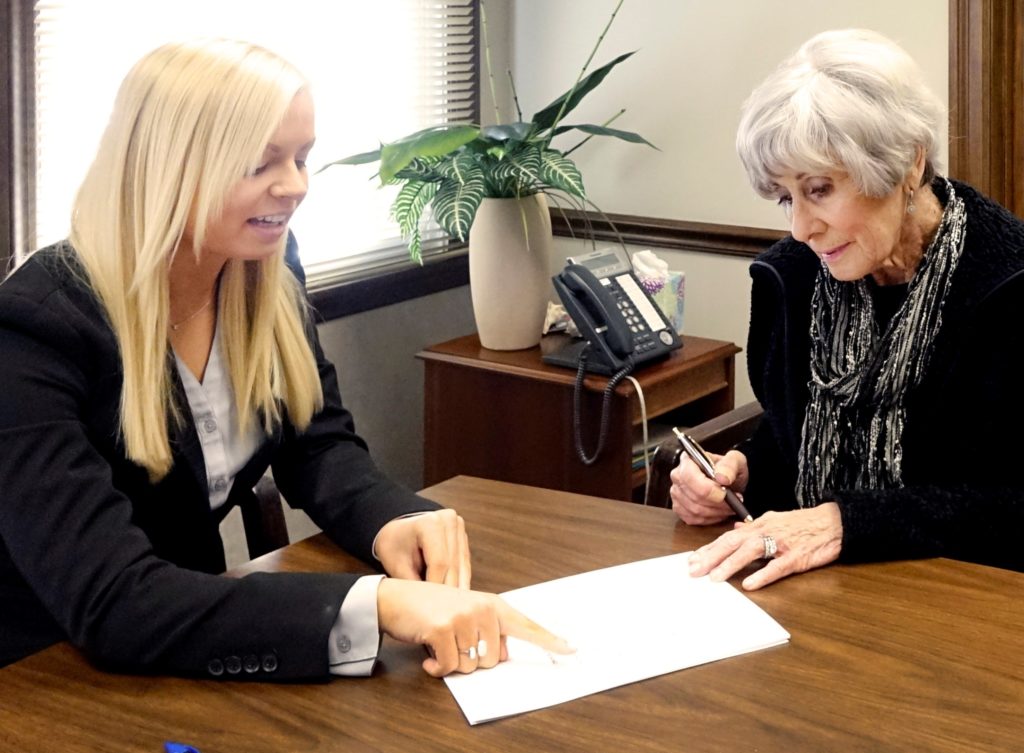Should I agree to be an executor of an estate? If you are asked to be an executor, you should understand some of the duties it entails before saying yes. An executor is the person named to distribute a deceased person’s property that passes under his or her last will and arranges for the payment of debts and expenses. According to Caroline Daiker of Beck, Lenox & Stolzer Estate Planning and Elder Law, LLC, LLC, this decision should be made by the time the individual comes into the attorney’s office to create the estate plan.
WMUR’s article entitled “Settling an estate” explains that if the executor isn’t willing or able to perform the role, there’s usually an alternative person named as executor in the will. If there isn’t, then a judge will name an executor for the estate.
Depending on the size and complexity of the estate, settling the affairs may be a difficult and time-consuming task. In some cases, the deceased may have left a letter of instruction or letter of last instruction to help make the process run more smoothly. This letter may set out a list of documents and their locations, contact info for attorneys and accountants, a list of creditors, login information for important websites and final burial wishes.
One of these documents is usually a last will. The executor will need to obtain the original and talk to an estate planning attorney to determine what type of probating is necessary. Probate is the process of getting a court to approve the validity of the last will. The executor will take inventory of the assets of the deceased. This may be required by the probate court. Some assets may also need to be appraised. Once the probate process is finished, assets then may be sold or gifted according to the decedent’s wishes.
An executor must also protect these assets. This could include changing the locks on properties. The executor may also be required to pay mortgages, utility bills and maintenance costs on property. Final expenses also need to be paid. The funeral home or coroner will provide death certificates that will be needed for things, such as filing life insurance claims. Other debts and taxes will require payment. Medical bills, credit card debt and taxes should be paid out of the estate.
If the deceased was collecting benefits, such as Social Security, this will need to be stopped. The executor is responsible for filing a final federal and state tax return for the deceased. An estate and gift tax return may also be necessary.
An executor has many duties. He or she must be honest, impartial and financially responsible. Estate assets need to be managed properly, and the executor has what is called a “fiduciary duty.”
Here is additional information on the legal documents that an executor may come across: https://beckelderlaw.com/estate-planning/
Should I agree to be an executor of an estate? If you say yes, and Beck, Lenox & Stolzer is the law firm that worked with the deceased to create it, please know that you can take advantage of a courtesy consult with one of our experienced estate planning attorneys.
Reference: WMUR (Aug. 12, 2021) “Settling an estate”










